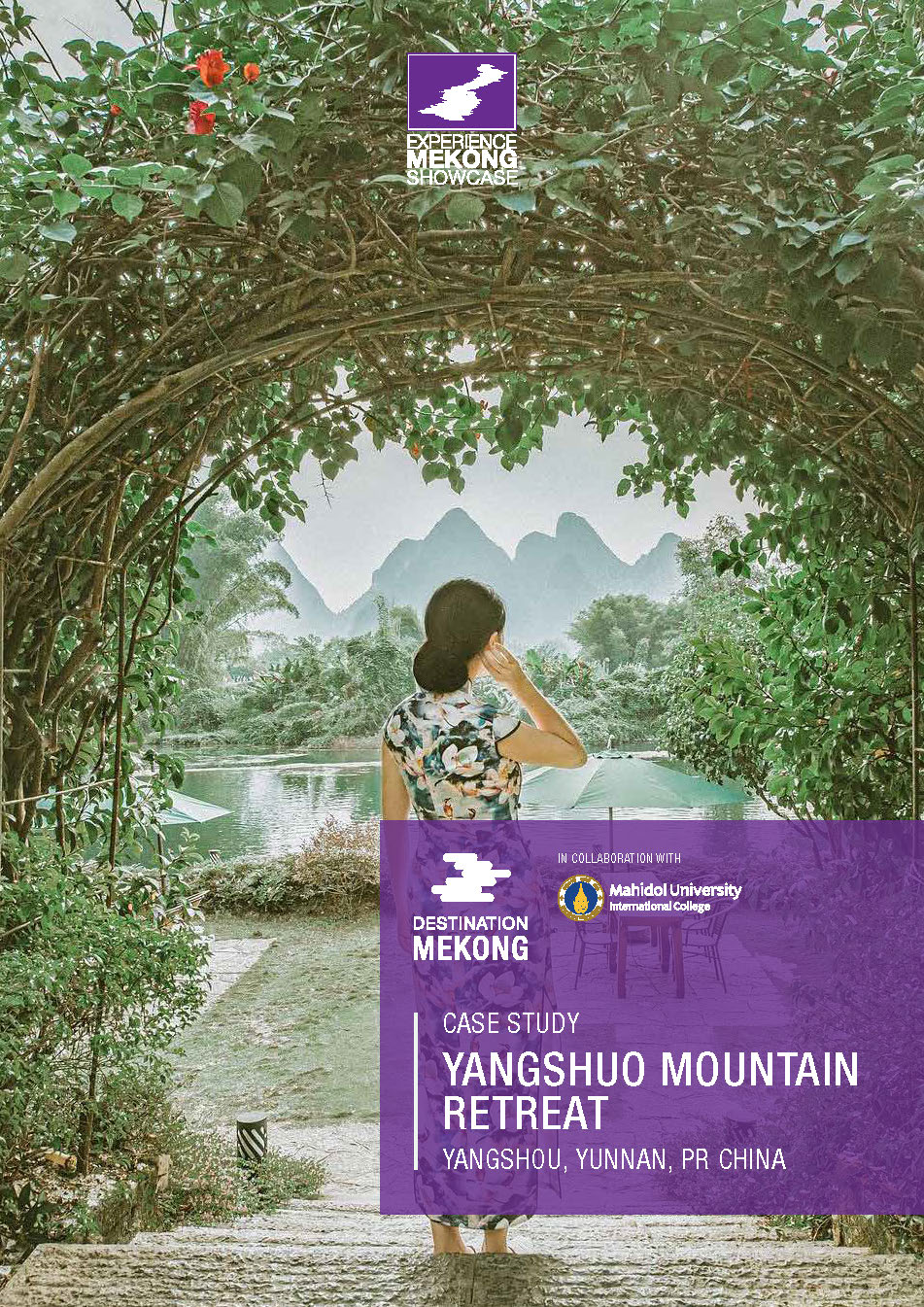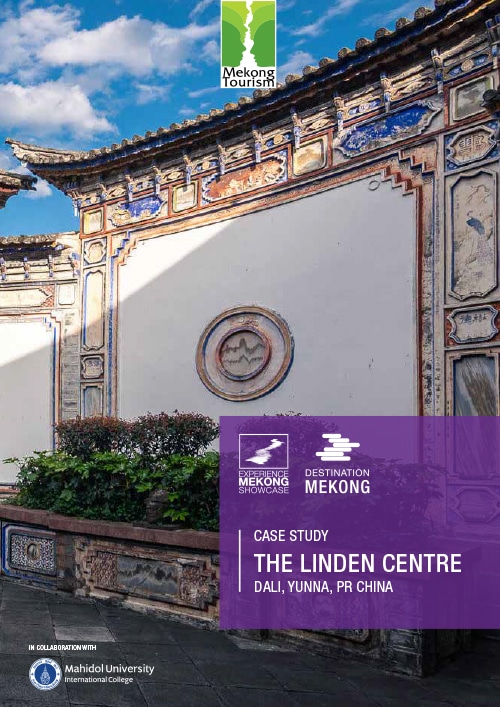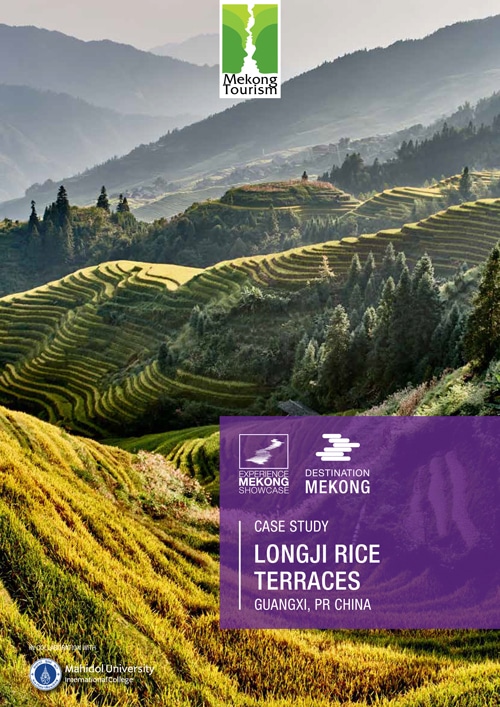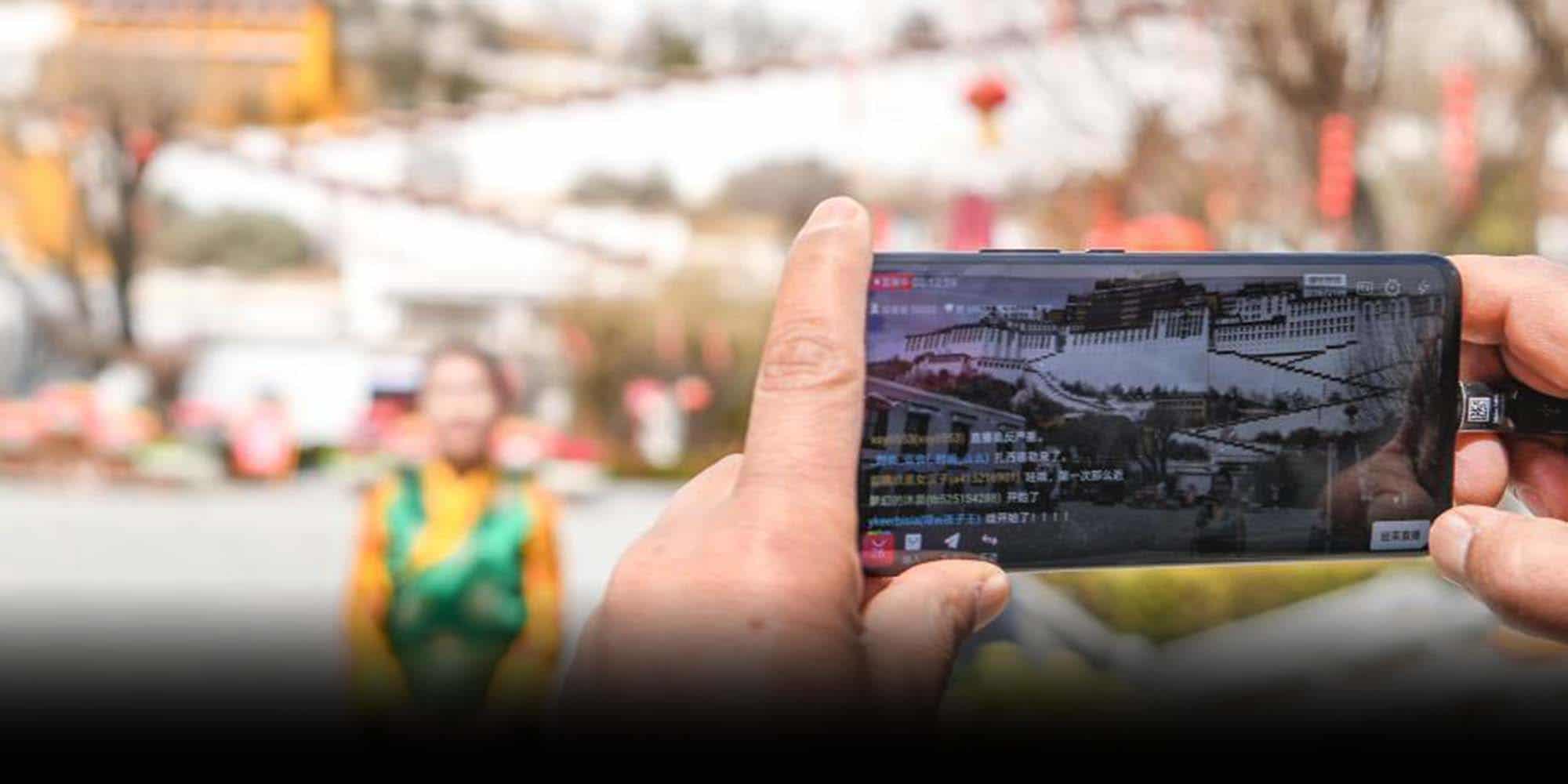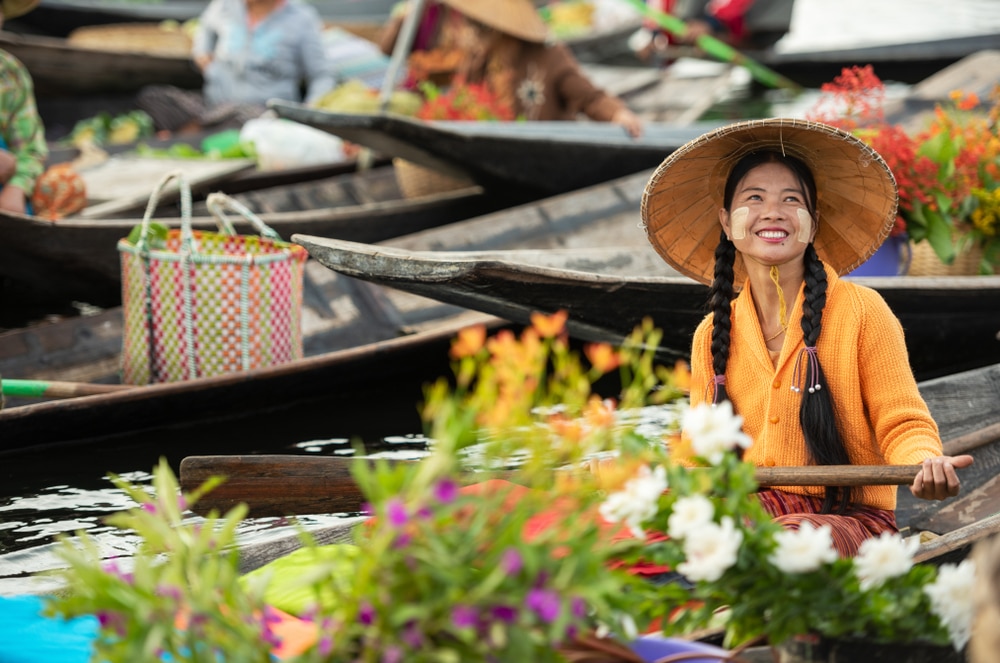
DESTINATION MEKONG ANNOUNCED THIRD MEKONG HERO
7 December2023, Phnom Penh, Cambodia
Destination Mekong has announced that Brian Linden, the founder and owner of the Linden Centre in Dali, Yunnan, is the third Mekong Hero.
Mekong Heroes are individuals who make a significant impact on the people in the region by inspiring them to strive and make an impact to improve communities through sustainability, inclusiveness and providing opportunities for the future.
During the 2023 Destination Mekong Summit in Phnom Penh, Destination Mekong has announced its third Mekong Hero, Brian Linden, founder and owner of the Linden Centre in Dali, Yunnan, China. Brian follows Potjana Suansri, Founder of the Thailand Community Based Tourism Institute (CBT-I), and the late Srey Bandaul, founder of PHARE in Cambodia, the two previous Mekong Heroes.
Born and raised in Chicago and educated at Johns Hopkins and Stanford University, Brian was granted a scholarship to study in Beijing in 1984 and spent the following three years in China. He moved to Dali in 2004 with his wife and two sons. There, he preserved a nationally protected Bai-style courtyard house built in 1948. He converted this into The Linden Centre to create a sustainable model of tourism development and heritage preservation.
Now, the Linden Centre has six sites, each focusing on preserving existing historical traditions by incorporating the villagers in the planning and managing heritage hotels.
Brian’s approach is to show the benefits of heritage protection and sustainability through example. He inspires his communities to preserve their heritage and reevaluate their sustainability approach. Through this bottom-up approach, the Linden Centre demonstrates how a social business can be financially sustainable and resilient, as well as helping the government recognize the social benefits for locals.
The integration with locals and communities is stressed at the Linden Centre.
“Development has to happen organically from within the community,” says Linden. “It is important to instill pride in the locals for their heritage and community, to increase the emotional value and counterbalance the potential value received from outside investors, who might change a community for the worse.”
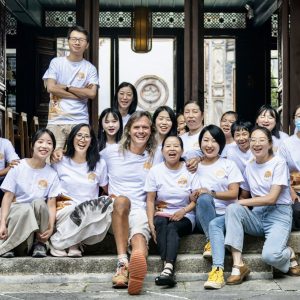 “Brian exemplifies how individuals who have a passion for collaboration, preservation, and sustainability make communities better through tourism,” says Catherine Germier-Hamel, CEO of Destination Mekong. “After Potjana Suansri and Srey Bandaul, Brian Linden is the continuation of telling the stories of inspirational individuals in the region. We want to congratulate Brian and the entire team at The Linden Centre for their wonderful and important work.”
“Brian exemplifies how individuals who have a passion for collaboration, preservation, and sustainability make communities better through tourism,” says Catherine Germier-Hamel, CEO of Destination Mekong. “After Potjana Suansri and Srey Bandaul, Brian Linden is the continuation of telling the stories of inspirational individuals in the region. We want to congratulate Brian and the entire team at The Linden Centre for their wonderful and important work.”
“It is a tremendous honor to be selected as this year’s Mekong Hero by the Board of Destination Mekong, especially since this is a recognition by the entire Mekong Region’s private sector, ” said Mr. Linden.
Mekong Heros are nominated by the public on the Destination Mekong website, evaluated, and then voted on by the executive board of Destination Mekong. They are an extension of the Mekong Faces program, which tells inspiring stories of individuals in the tourism sector. Both are published annually in the Mekong Stories book at MekongStories.com.
To nominate individuals to be recognized as Mekong Heroes, go to https://www.destinationmekong.com/mekong-heroes/. To be part of our engaged tourism community and enjoy the benefits and opportunities offered by Destination Mekong, go to https://www.destinationmekong.com/membership/ or contact us at info@destinationmekong.com.
-ENDS

